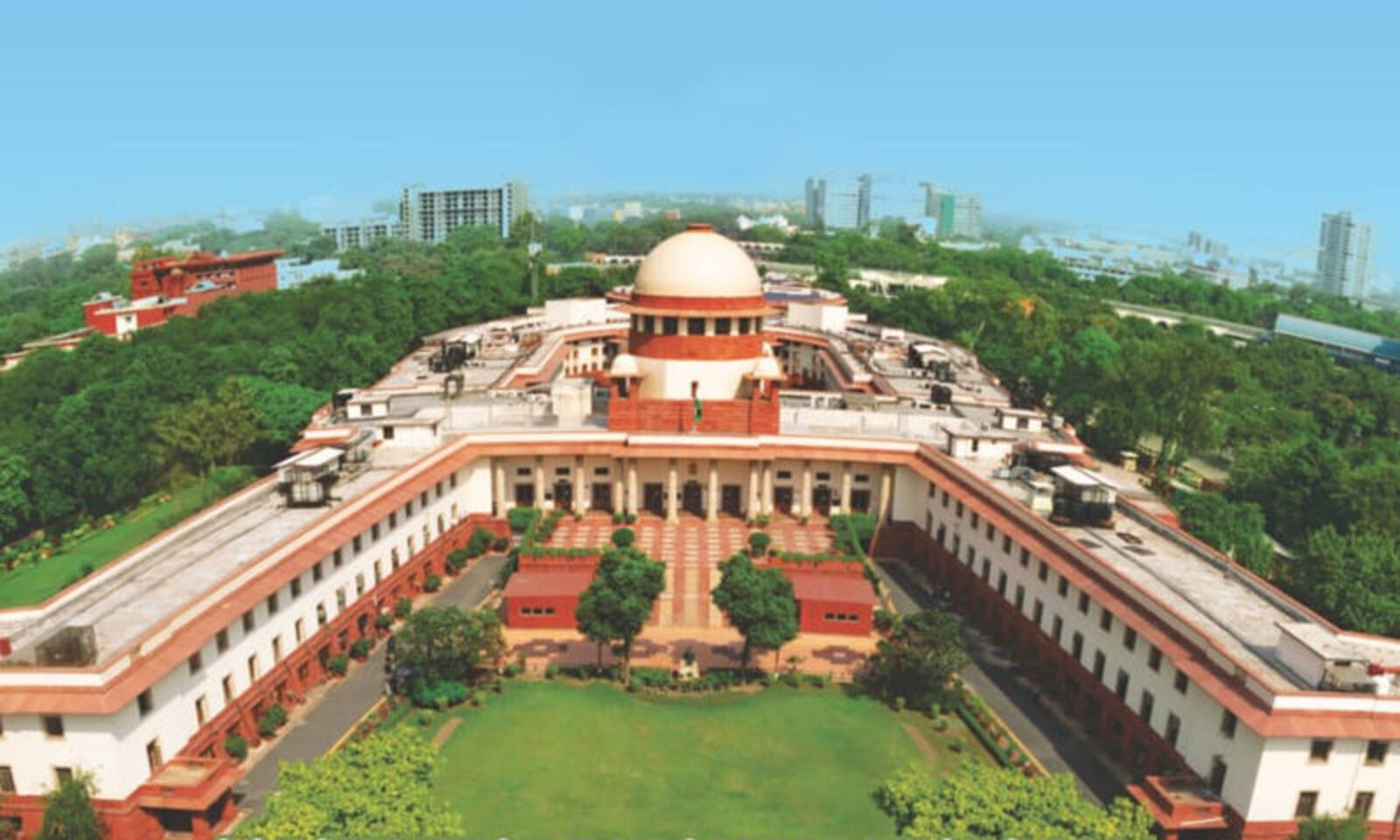Securing the rights of marginalised

The Supreme Court, through its order, has lent momentum to the implementation of the recommendations made by the SC Panel for Sex Workers. It is indeed a much-awaited intervention that strives to uphold the fundamental rights of sex workers at par with any other citizen of India. The court order can be bifurcated in two parts. In the first place, the court, in exercise of Article 142 of the Indian Constitution, has directed state governments and Union Territories to strictly comply with the recommendations of its panel that have been endorsed by the Union Government. Secondly, it has asked the Union Government to submit its response on the remaining recommendations by July 27. The panel, constituted through an order passed in 2011, had submitted its recommendations in 2016 with a view to preventing trafficking, rehabilitating workers who are willing to quit the sex work and creating conducive ecosystem for sex workers to live with dignity guaranteed under Article 21 of the Indian Constitution. One among the recommendations against which the Union Government expressed its reservation was — when an adult sex worker is participating in the act with consent, the police should refrain from interfering or taking any criminal action. Additional Solicitor General, Jayant Sud highlighted the 'ground realities' to suggest that the particular recommendation might not be 'feasible' since sex workers are 'vulnerable to coercion'. He instead emphasised on enquiry to figure out whether a particular case is voluntary or result of coercion. The Centre has also cast its reservation against a recommendation that marked a distinction between illegality of brothels and sex work. The panel had noted that running a brothel, which is a form of commercial exploitation, amounts to illegal offence but sex work is not illegal. The panel had thus recommended that sex workers should not be penalised, harassed or victimized. The court's intent appears noble since it's no mystery that be it police or society, sex work is seen as a denigrating and undignified profession. Though the Centre has countered that the use of terms like harass and victimise are prone to misuse, the issue of moral and legal subjugation of sex workers cannot be pushed to the brink. Their legal empowerment is the need of the hour, and the potential misuse can be countered through administrative action. The Centre's objection to another recommendation that asks for involvement of sex workers and their representatives in all decision-making process is completely inexplicable. Honorable Supreme Court needs to be hailed for this recommendation which will exemplify extension of democratic process to the ignored section of society. Sex workers involvement in the planning and implementation of policies related to them will solve a great part of the plethora of challenges the community has been facing since time immemorial. One more recommendation of the panel seeking non-separation of a child from her mother merely because she is a sex worker deserves applause. It is hoped that the Centre will reconsider these recommendations seriously and come out with a workable plan by the next hearing. Since the government is tasked with implementation of legislations and policies on the ground level and is well-aware of problems lying therein, the Supreme Court, too, should understand some of its apprehensions and reach at a consensus that will be in benefit of sex workers. Notably, though coming after a long delay, the consensus between the Supreme Court and the Union Government on some of the panel recommendations is reassuring. These recommendations include — parity in terms of facility entitlements as a sexual assault survivor; time-bound review of detention of adult women workers against their will; sensitisation of law-enforcement bodies; prevention from voyeurism by media; and conduction of awareness workshops. The Supreme Court's order has not just brought into discourse the issues faced by one of the most marginalised sections of Indian society, but also paved the way for initiation of concrete solutions that would improve the life of the sex workers' community. It is hoped that the remaining recommendations will soon be worked out in the best manner possible by the Supreme Court and the Union Government by the next hearing. The onus presently lies on state governments to ensure strict implementation of the Supreme Court's directions.



